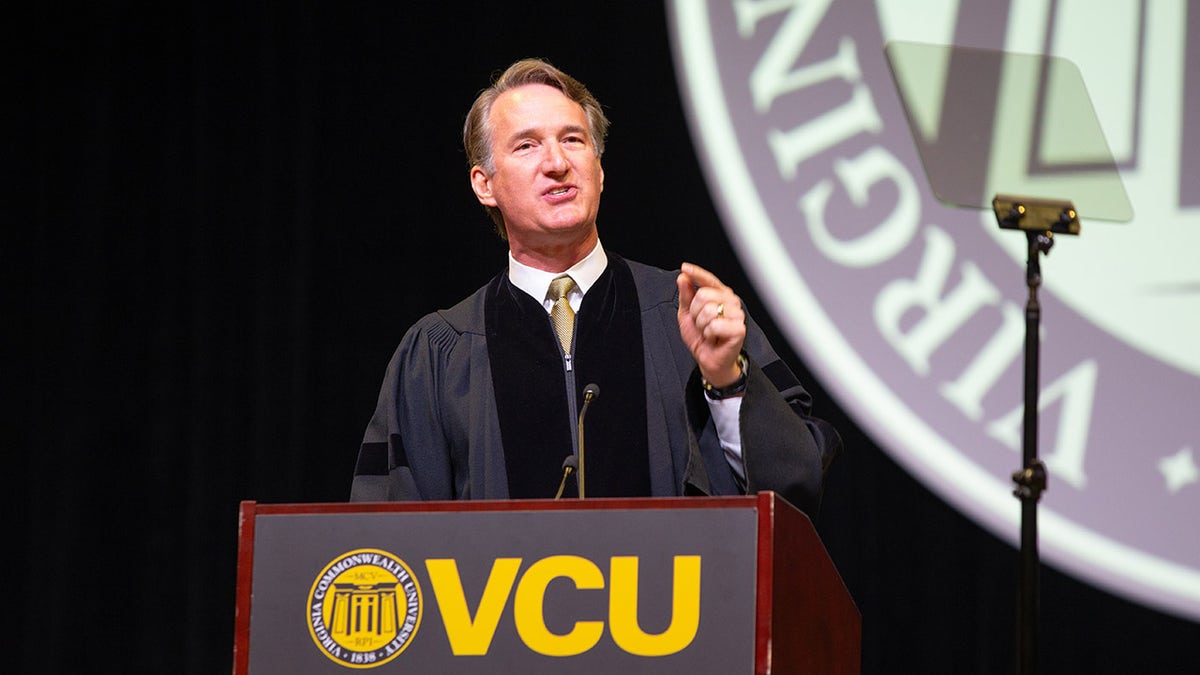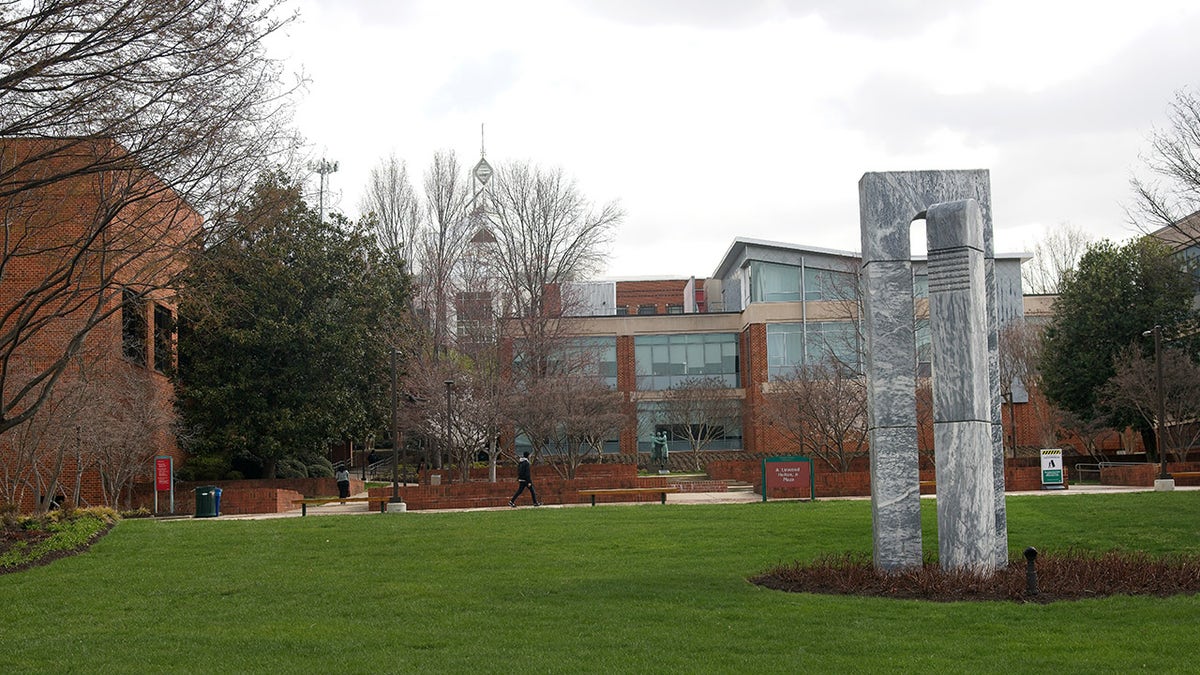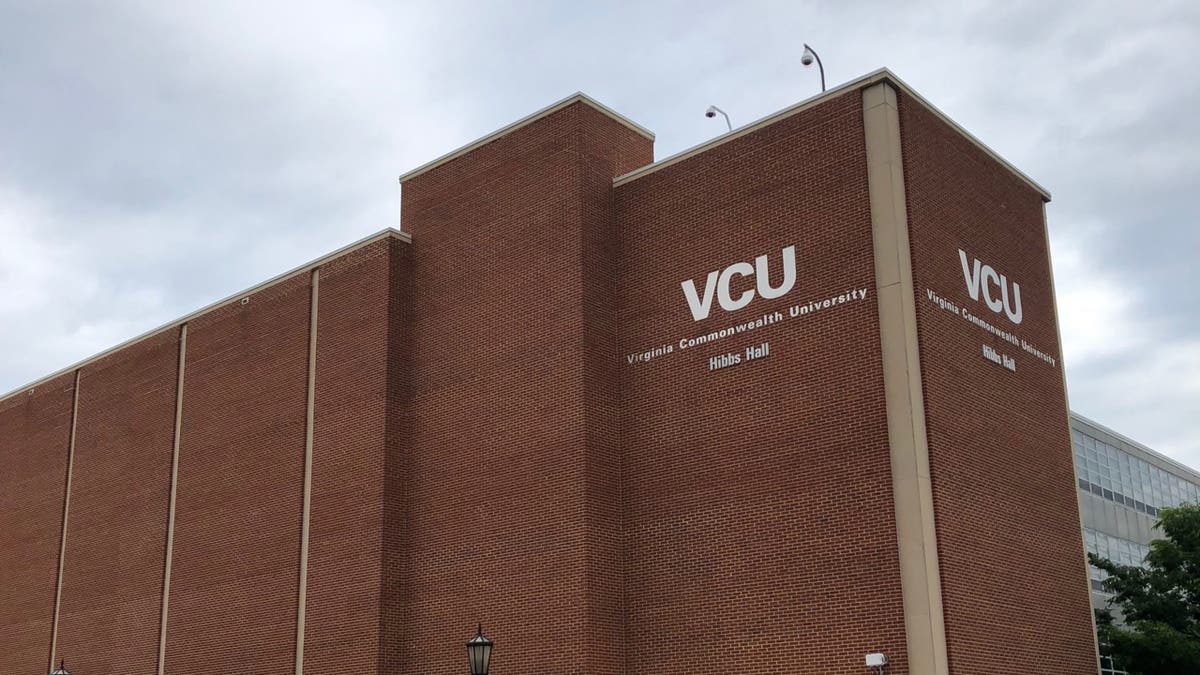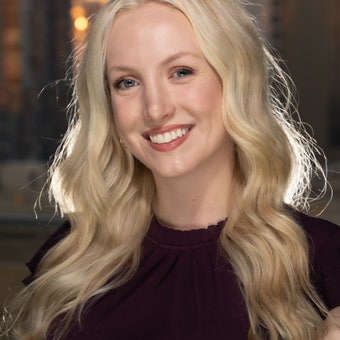California student argues education should take priority over DEI
California high school student Jordan Brace and PragerU Kids outreach director Jill Simonian discuss the decline in the California education system as leaders prioritize 'woke' initiatives. Fox News' Ashley Strohmier reports.
Two Virginia public universities scrapped plans to require students to complete diversity, equity and inclusion (DEI) classes in order to graduate after Gov. Glenn Youngkin's recent audit.
Virginia Commonwealth University and George Mason University decided not to make DEI-centered courses a requirement for undergraduates this fall, but those classes will still be offered.
The decisions were made after Youngkin’s education secretary’s office earlier this month asked to review syllabi for the planned "Racial Literacy" courses at VCU and "Just Societies" courses at George Mason, condemning both upcoming requirements as "core curriculum mandates that are a thinly veiled attempt to incorporate the progressive left’s groupthink," Inside Higher Ed reported.
The VCU Board of Visitors voted 10-5 on Friday not to require a "racial literacy course" as part of the General Education curriculum, with the majority representing board appointees from three different gubernatorial administrations — that of Youngkin, a Republican, and former Democratic Govs. Terry McAuliffe and Ralph Northam.
"Central to the board's deliberations was a commitment to upholding academic freedom while empowering students with flexibility and autonomy in their educational journey," VCU wrote in a statement announcing the decision. "The discussion clearly expressed support for the racial literacy classes, and these courses are accessible to students who wish to explore them."

Virginia Gov. Glenn Youngkin delivers the VCU commencement address in Richmond, Va., May 11, 2024. (Parker Michels-Boyce for The Washington Post via Getty Images)
VCU BOV Rector Todd Haymore said the vote "is not about the content of our courses, only the graduation mandate," thanking faculty for developing the courses and encouraging students to "explore these courses and take the ones that interest you."
"As a faculty member myself, I support our faculty’s role and expertise in developing our curriculum," VCU President Michael Rao said in a statement. "I strongly support and encourage racial literacy courses and am pleased they are available for students. Our country has a long way to go to achieve inclusion and these courses will be very helpful. As President, I also understand that our board has the ability to vote on a general education mandate that applies to all students."
VCU’s racial literacy mandate was discussed in the wake of protests and riots that erupted across the U.S. in response to the death of George Floyd in Minneapolis, the Washington Examiner reported. The classes apply a racial lens to subjects including media, activism, healthcare, psychology and education.
The VCU board is made up 16 members, eight of whom are Youngkin appointees. Four seats will open on July 1, giving Youngkin the opportunity to appoint additional VCU board members.
The day after VCU’s announcement, more than 100 students walked out of Youngkin’s address at their commencement ceremony, which the Washington Post categorized as "demonstrating support for Palestinians and protesting some of the Republican’s crusade against efforts to promote racial equity in education."

Campus of George Mason University, Fairfax, Virginia. (Robert Knopes/UCG/Universal Images Group via Getty Images)
VCU STUDENTS WALK OUT OF GOV YOUNGKIN'S COMMENCEMENT SPEECH
In an email to employees last week, GMU interim Provost Kenneth D. Walsh noted that "some constituencies, including some members of our Board of Visitors, still have reservations" about mandating so-called "Just Societies" courses, centered on articulating "obstacles to justice and equity, and strategies for addressing them," as part of the Mason Core curriculum.
"Given that fall registration opens for first-year students in a matter of weeks, we must put forward a definitive answer now," Walsh wrote, according to the Examiner. "And my answer to whether to implement the requirement is neither ‘yes’ nor ‘no.’ Rather, it is ‘not yet.’"
GMU decided the DEI classes will not be mandated for undergraduates this fall, but Walsh will not be the one to decide if the mandate will go forward at a later time. A new provost takes over on July 1.
Earlier this month, a committee report was presented to the GMU Board of Visitors citing "concerns that the university was engaging in indoctrination and actively silencing those who hold a range of perspectives, both through DEI programming and curriculum" and complaints from students.

Hibbs Hall, on the campus of Virginia Commonwealth University in Richmond, Virginia, April 29, 2019. (Sean Kennedy/The Virginian-Pilot/Tribune News Service via Getty Images)
Michael J. Meese, a committee member and Youngkin appointee, told Inside Higher Ed at the time that he feels Youngkin’s Day One executive order "ending the use of inherently divisive concepts, including critical race theory" in K-12 public schools in Virginia should also apply to state public universities.
CLICK HERE TO GET THE FOX NEWS APP
"I think it also should apply to us — that you should not have DEI offices or any other offices or any other professor that is promoting inherently divisive concepts," Meese said.
GMU Board of Visitors member Reginald Brown, also a Youngkin appointee, told Inside Higher Ed on Monday there was "concern on the part of a majority of the board members about moving to a Just Societies mandate" without further discussion with the new provost and the incoming board members.
"There’ll be three or four new incoming board members in July," Brown noted. "I don’t believe that the university should shy away from inherently divisive concepts."
Fox News Digital reached out to both universities for comment on Tuesday.


